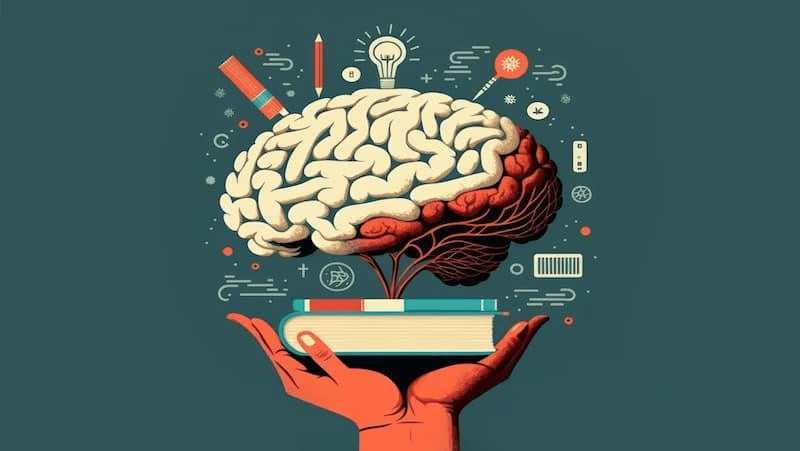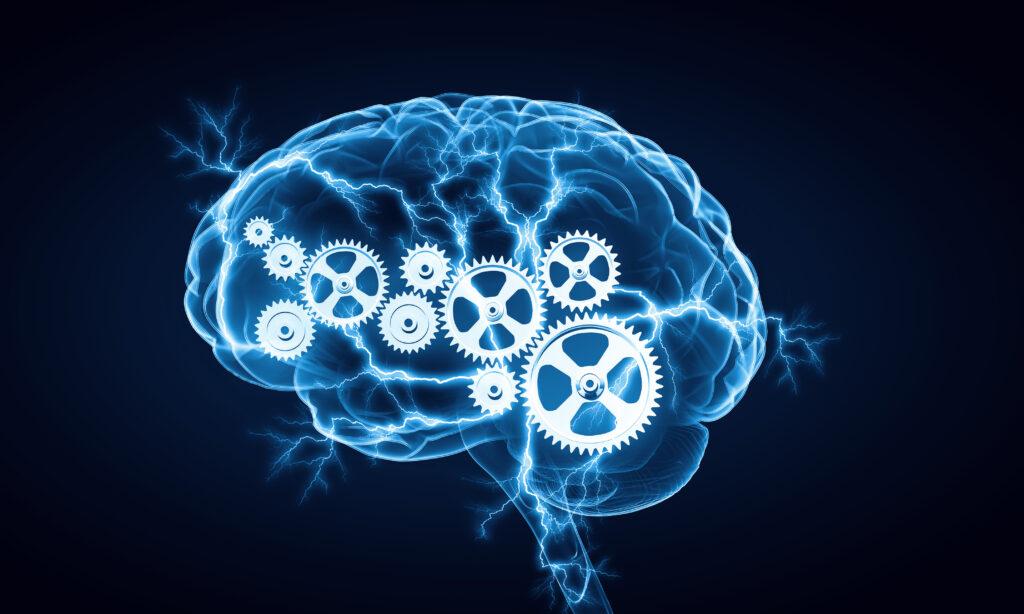Cognitive science plays a pivotal role in shaping and optimizing learning environments.
By delving into the study of how the human mind processes information, retains knowledge, and makes sense of the world, cognitive science offers valuable insights for educators and designers of learning spaces. Here are key considerations in the intersection of cognitive science and learning environments:

Active Learning: Cognitive science research underscores the importance of active learning. Learning environments that encourage student engagement, problem-solving, also interaction promote better retention and understanding of the material.
Spatial Design: The layout and organization of physical and virtual learning spaces can significantly impact cognition. For example, well-designed classrooms with proper lighting, comfortable seating, and flexibility in arrangements can enhance focus, creativity, and collaboration.
Multimodal Learning: Cognitive highlights the importance of incorporating multiple senses in the learning process. Learning environments should leverage visuals, sounds, tactile experiences, also other sensory modalities to enhance comprehension and memory.
Cognitive Load Theory: Understanding cognitive load, or the amount of mental effort required for a task, is crucial in designing effective learning environments. Reducing extraneous cognitive load, such as distractions, can optimize learning spaces for better information processing.
Feedback and Assessment: Cognitive science emphasizes the significance of timely and constructive feedback. Learning environments should facilitate the provision of feedback to students, allowing them to gauge their progress also make necessary adjustments in their learning strategies.
Metacognition: Encouraging metacognitive skills, which involve self-awareness and self-regulation of one’s learning, is an essential aspect of cognitive. Designers can create learning environments to promote metacognition by encouraging reflection, goal-setting, and self-monitoring.
Individual Differences: Cognitive science recognizes that learners have unique cognitive profiles. Adaptive learning environments that cater to diverse learning styles also abilities can be more effective in accommodating individual differences.
Neuroeducation: The emerging field of neuroeducation combines cognitive with neuroscience to better understand how the brain learns. This research can inform the design of learning environments to optimize instructional techniques and tools.
Technology Integration: Cognitive also informs the design of digital learning environments, including e-learning platforms and educational software. The effective use of technology aligns with principles of cognitive science to enhance learning outcomes.
Conclusion
Cognitive scientists provide a scientific foundation for designing learning environments tailored to how the human mind works.
By leveraging insights from cognitive science, educators also learning environment designers can create spaces and experiences that optimize learning, foster critical thinking, and adapt to the diverse needs of learners in a rapidly changing educational landscape. 온라인카지노사이트
